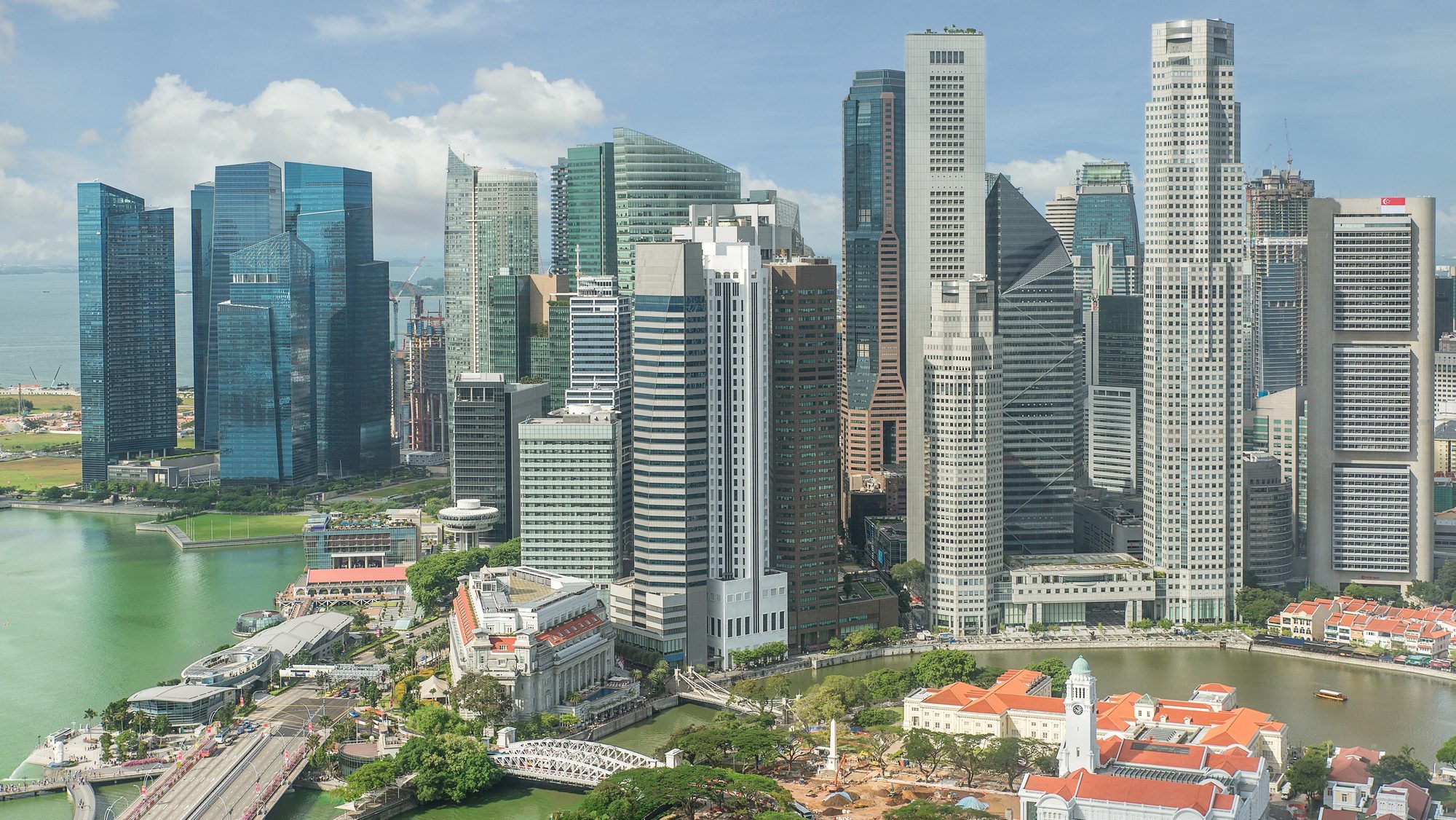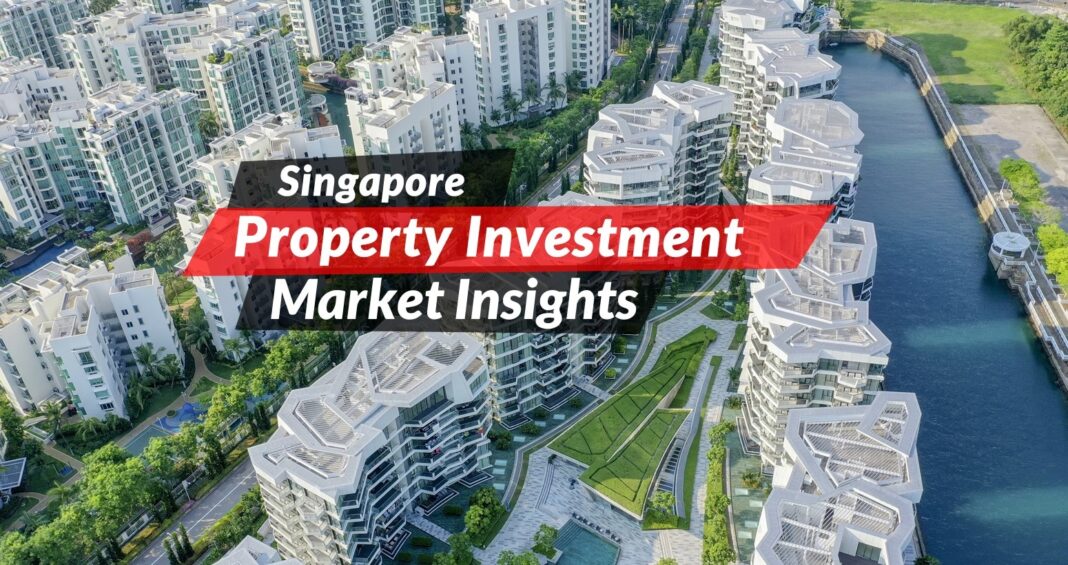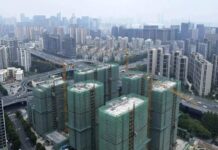Institutional investors are playing an increasingly significant role in Singapore’s real estate market. Drawn by the nation’s stability, transparency, and robust infrastructure, these investors view Singapore as a safe and profitable long-term destination for capital allocation. The market’s consistent growth and well-regulated environment provide strong foundations for institutional participation.
1. Stability, Governance, and Market Transparency

River Modern reflects the qualities that appeal most to institutional buyers—predictable returns, strong governance, and a transparent legal system. Singapore’s strict regulatory oversight ensures that the property market operates fairly, minimizing risk and encouraging confidence among global funds and investment groups.
Political stability, coupled with sound economic management, further enhances investor trust. Institutions seeking consistent, inflation-protected returns find Singapore’s real estate market particularly attractive due to its resilience through global downturns.
Additionally, the city’s financial ecosystem supports real estate investments through clear tax structures, reliable valuation standards, and secure ownership frameworks—key factors that distinguish it from other regional markets.
2. Diversified Property Classes and Growth Opportunities

Institutional investors are not limited to residential properties. They actively participate in commercial, industrial, and mixed-use developments that offer diverse revenue streams. Singapore’s strategic location and role as a financial hub make it ideal for cross-border investments in these sectors.
Projects like River Modern, with integrated features and sustainable design, align well with institutional preferences for assets that balance long-term income generation and environmental responsibility. Many funds now prioritize ESG-compliant assets, further reinforcing the appeal of sustainable developments.
The depth and maturity of Singapore’s market enable institutional investors to adopt multi-decade strategies—combining asset diversification, rental stability, and capital growth across economic cycles.
3. Government Policy and Infrastructure Confidence

Singapore’s government has consistently implemented policies that promote transparency and sustainable development. Initiatives such as the Green Plan 2030 and infrastructure expansion projects provide long-term certainty for institutional investors looking to align with national growth priorities.
Public investment in transport, technology, and urban renewal amplifies real estate potential by enhancing accessibility and district desirability. These elements support predictable returns and reduce long-term investment risks.
With clear policy direction and world-class infrastructure, Singapore offers a secure environment for institutional funds seeking consistent yields and appreciation potential.
Conclusion
Singapore’s combination of governance, sustainability, and market maturity continues to attract long-term institutional investors. Its disciplined urban planning and policy consistency make it one of the most trusted destinations for real estate capital globally.
Developments like River Modern embody the attributes institutions value most—strategic location, quality construction, and long-term stability. As global investors prioritize sustainability and security, Singapore remains a cornerstone in the future of institutional real estate investment.







